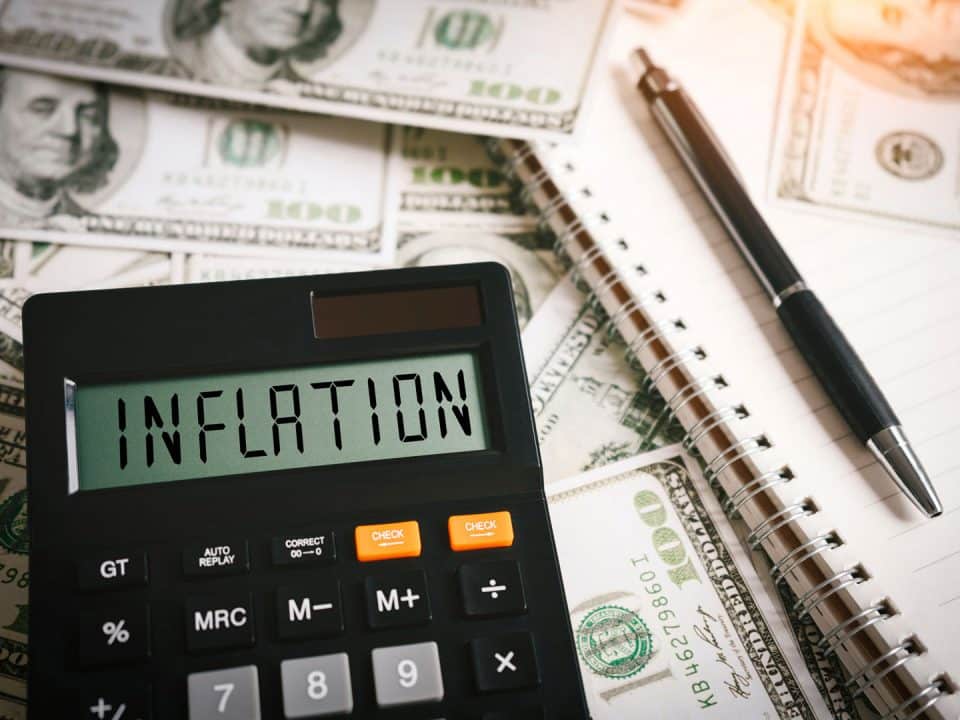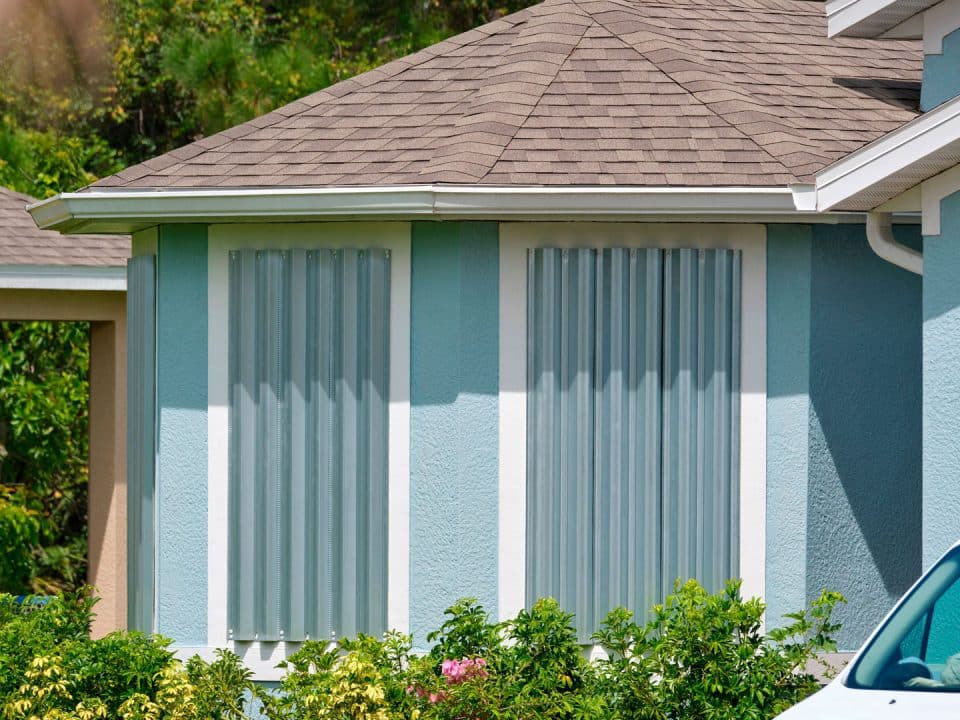Recent Findings: Fall 2023

Did pandemic relief fraud inflate house prices?
House prices in ZIP codes with high levels of Paycheck Protection Program (PPP) fraud increased 5.7 percentage points more than ZIP codes with low fraud within the same county. The researchers from the University of Texas at Austin also found the probability a person receiving a suspicious PPP loan purchased a house increased by 17%.

EV stations add sales price premium to office properties
A researcher at Portland State University found that office buildings with electronic vehicle charging stations sold at a 17% premium compared with those without. But the results, based on a study of 11,679 properties in California and Oregon, were insignificant for EV charging stations at apartment and retail properties.

Do wind hazard mitigation programs affect home sales values?
The value of homes participating in a state program to strengthen properties against wind hazards increased 2%-8% based on sales transactions in coastal Alabama between 2011-2021. Researchers at Mississippi State and the University of South Alabama describe the relationship between enhanced risk reduction construction, home prices and insurance costs.

Impacts of home sharing regulation on housing: evidence from Airbnb and Zillow
Researchers found an 11% drop in the overall transactions of home purchases in several U.S. cities that capped the number of homes an investor can list on Airbnb. Such a decrease is primarily driven by local investors in home-sharing markets, according to scholars from Purdue University and the universities of Arizona and Connecticut.

Do house prices reflect climate change adaptation?
Evidence from Venice, Italy One year after the activation of a sea wall, the value of the total residential housing stock in Venice, Italy increased an average of 4.5%, according to researchers with the Bank of Italy and the University of California, Berkeley. They found the sea wall increased prices 3% for properties above the activation threshold and by an additional 7% for ground-floor properties.